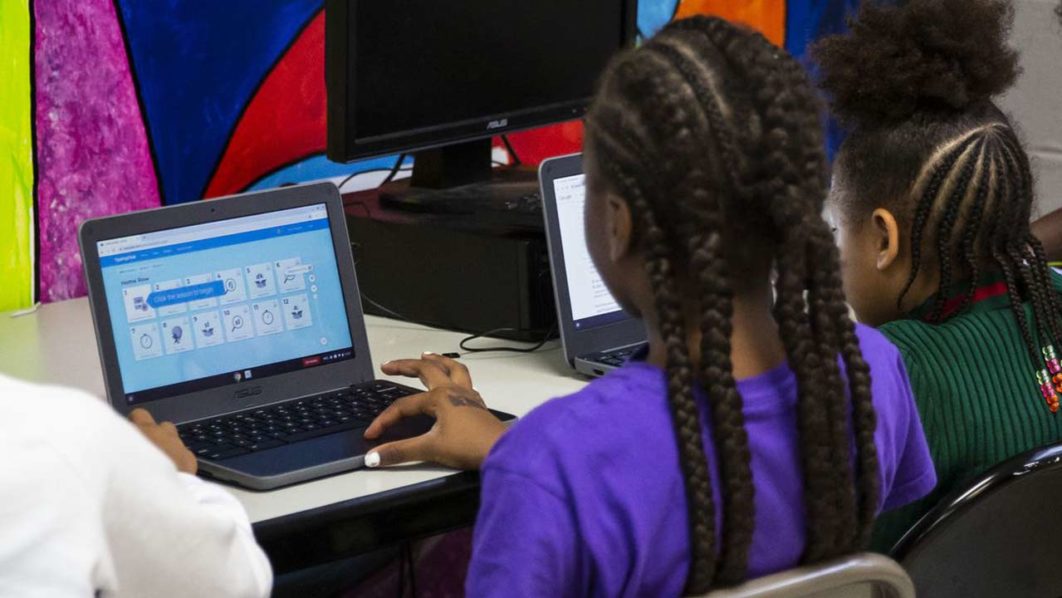Introduction
Education is the cornerstone of any society, and staying informed about the latest developments in the education sector is crucial for students, parents, and educators alike. In Nigeria, the landscape of education is constantly evolving, with new policies, programs, and initiatives being introduced regularly. This blog post is designed to provide you with comprehensive and up-to-date information on school news in Nigeria, along with a free guide to help you navigate the educational system. Whether you’re a student, parent, teacher, or simply interested in Nigerian education, this resource aims to keep you informed and engaged.
Overview of the Nigerian Education System
Structure of the Nigerian Education System
The Nigerian education system is structured into three main levels:
- Primary Education: This is the foundational level, typically starting at age six and lasting for six years. It aims to provide basic literacy, numeracy, and life skills.
- Secondary Education: Secondary education is divided into junior secondary (three years) and senior secondary (three years). It prepares students for higher education or vocational training.
- Tertiary Education: This includes universities, polytechnics, and colleges of education. Tertiary education offers various undergraduate and postgraduate programs.
Key Educational Policies
Several policies shape the Nigerian education system, including:
- Universal Basic Education (UBE): Introduced to provide free and compulsory education for children up to the junior secondary level.
- National Policy on Education: This policy outlines the goals, objectives, and strategies for the Nigerian education system.
- Tertiary Education Trust Fund (TETFund): Aimed at improving the quality of tertiary education through funding and support for infrastructure and research.
Recent School News in Nigeria
Government Initiatives
Free Education Programs
The Nigerian government has launched several initiatives to promote free education at various levels. Recent developments include:
- Lagos State Free Education Initiative: Lagos State has implemented a free education program for primary and secondary schools, aiming to reduce the financial burden on parents and increase school enrollment.
- Kano State Scholarship Program: The Kano State government has introduced a scholarship program for tertiary education, providing financial support to deserving students.
Digital Learning Projects
In response to the COVID-19 pandemic, the Nigerian government has accelerated digital learning initiatives, including:
- Eko Digital Initiative: Lagos State’s digital learning platform that provides online classes and resources for students.
- Federal Ministry of Education’s E-Learning Portal: A national platform offering a wide range of digital learning materials for students at all levels.
Private Sector Contributions
Corporate Social Responsibility (CSR) Programs
Many private companies in Nigeria are actively contributing to the education sector through CSR programs. Notable examples include:
- MTN Foundation: MTN Nigeria has launched several education-focused CSR initiatives, including scholarships, school renovations, and digital learning projects.
- Dangote Foundation: The Dangote Foundation supports various educational programs, including building schools and providing learning materials.
EdTech Startups
The rise of educational technology (EdTech) startups in Nigeria is revolutionizing the way students learn. Key players include:
- uLesson: An EdTech platform offering video lessons and interactive quizzes for secondary school students.
- Tuteria: A platform connecting students with qualified tutors for personalized learning.
Navigating the Nigerian Education System: A Free Guide
Choosing the Right School
Factors to Consider
When choosing a school for your child, consider the following factors:
- Location: Proximity to home can reduce travel time and expenses.
- Curriculum: Ensure the school offers a curriculum that aligns with your child’s needs and future goals.
- Facilities: Check the availability and quality of facilities such as libraries, laboratories, and sports equipment.
- Reputation: Research the school’s reputation, including academic performance and reviews from other parents.
Types of Schools
- Public Schools: Government-funded and often more affordable, but may have larger class sizes and limited resources.
- Private Schools: Typically offer better facilities and smaller class sizes but come with higher tuition fees.
- International Schools: Follow international curricula and often have diverse student bodies, but are usually the most expensive.
Preparing for Examinations
Common Entrance Examinations
- Common Entrance Examination: Required for admission into federal and state government secondary schools.
- Unified Tertiary Matriculation Examination (UTME): Administered by the Joint Admissions and Matriculation Board (JAMB) for admission into tertiary institutions.
Study Tips
- Create a Study Schedule: Organize your study time effectively, allocating more time to challenging subjects.
- Practice Past Questions: Familiarize yourself with the exam format and question types by practicing past papers.
- Seek Help: Don’t hesitate to seek help from teachers, tutors, or study groups if you’re struggling with certain topics.
Accessing Educational Resources
Online Learning Platforms
Several online platforms offer free and paid educational resources:
- Khan Academy: Provides free video lessons and practice exercises on a wide range of subjects.
- Coursera: Offers online courses from top universities and institutions, some of which are free.
Libraries and Resource Centers
- National Library of Nigeria: Offers a vast collection of books, journals, and other learning materials.
- Community Libraries: Many communities have local libraries that provide access to books and study spaces.
Supporting Your Child’s Education
Parental Involvement
- Attend Parent-Teacher Meetings: Regularly attend meetings to stay informed about your child’s progress and address any concerns.
- Create a Conducive Learning Environment: Ensure your child has a quiet and well-lit space for studying at home.
- Encourage Reading: Promote a love for reading by providing access to a variety of books and reading together as a family.
Extracurricular Activities
- Sports: Encourage participation in sports to promote physical fitness and teamwork.
- Clubs and Societies: Involvement in clubs and societies can help develop social skills and interests in areas such as science, arts, and technology.
Handling Academic Challenges
- Identify the Problem: Work with your child and their teachers to identify the root cause of academic struggles.
- Seek Professional Help: Consider hiring a tutor or seeking counseling if your child is facing significant academic or emotional challenges.
- Stay Positive: Encourage and support your child, emphasizing effort and improvement rather than just grades.
The Future of Education in Nigeria
Emerging Trends
Technology Integration
The integration of technology in education is expected to continue growing, with increased use of digital learning platforms, virtual classrooms, and educational apps.
Focus on STEM Education
There is a growing emphasis on Science, Technology, Engineering, and Mathematics (STEM) education, with initiatives aimed at encouraging more students to pursue careers in these fields.
Inclusive Education
Efforts to make education more inclusive are gaining momentum, with programs aimed at providing access to quality education for marginalized and disadvantaged groups.
Policy Recommendations
To further improve the Nigerian education system, several policy recommendations have been proposed:
- Increase Funding: Allocate more resources to the education sector to improve infrastructure, teacher training, and learning materials.
- Enhance Teacher Quality: Implement continuous professional development programs for teachers to improve their skills and knowledge.
- Promote Public-Private Partnerships: Encourage collaboration between the government and private sector to address educational challenges and enhance the quality of education.
Conclusion
Staying informed about school news in Nigeria and understanding the intricacies of the education system is crucial for students, parents, and educators. This comprehensive guide provides valuable insights and practical advice to help you navigate the Nigerian education landscape effectively. From recent news and government initiatives to tips for choosing the right school and supporting your child’s education, we hope this resource serves as your go-to guide for all things related to education in Nigeria.
FAQs
- What are the recent government initiatives in Nigerian education?
- Recent initiatives include free education programs in Lagos and Kano states, and digital learning projects like the Eko Digital Initiative.
- How can I choose the right school for my child in Nigeria?
- Consider factors such as location, curriculum, facilities, and the school’s reputation. Visit the school and talk to other parents for insights.
- What are the common entrance examinations in Nigeria?
- Key exams include the Common Entrance Examination for secondary schools and the Unified Tertiary Matriculation Examination (UTME) for tertiary institutions.
- What online platforms offer educational resources for Nigerian students?
- Platforms like Khan Academy and Coursera provide free and paid educational resources on various subjects.
- How can I support my child’s education at home?
- Attend parent-teacher meetings, create a conducive learning environment, encourage reading, and support participation in extracurricular activities.


